Manufacturing wooden products at Tien Phong Cam Lo Company Limited - Photo: LE TRUONG
Enterprises in Quang Tri operate in all economic sectors, mainly employing local labor, complying with legal regulations, participating in charity and social security activities and fully fulfilling their obligations to the State. In 2024, the private economic sector paid 1,170 billion VND, accounting for 32% of domestic revenue and 81% of enterprise revenue (including state-owned enterprises and foreign-invested enterprises). Many enterprises have built their brands and reputations and made great contributions to the socio-economic development of the province.
To support businesses, recently, the province has issued many policies, programs, and plans to support business development, investment support, and labor training such as the Administrative Reform Program, improving the business environment, and enhancing the Provincial Competitiveness Index (PCI).
Annually, the province organizes investment promotion conferences, announces preferential mechanisms and policies for businesses investing in the area, publicizes provincial planning, district planning, land use planning, construction planning, and new rural planning for businesses to know, and at the same time creates a favorable environment for businesses to operate. Supports individuals and organizations in preparing procedures for establishing industrial property rights, such as: trademarks, industrial designs, inventions, utility solutions, and geographical indications.
To date, the province has 377 products granted protection certificates, including 2 geographical indications ( Quang Tri pepper and Quang Tri green tea), 6 certified trademarks and 59 collective trademarks for typical and strong products of the localities. 136 provincial OCOP products have been classified and recognized, of which 43 products have achieved 4 stars and 93 products have achieved 3 stars.
Through participating in the OCOP program, businesses are supported in upgrading technology and machinery; quality declaration and certification; support in designing and printing packaging and labels, building a traceability system, building an e-commerce site; promoting and expanding the consumption market for businesses, connecting consumption at supermarket systems, retail stores, and supply chains.
Despite the development in both quantity and quality, most of the province's enterprises are small and micro-sized, of which micro-sized enterprises account for nearly 60%; financial potential and management level are still limited; most of the technological capacity and innovation are low, labor productivity, operational efficiency and competitiveness are not high; access to capital, land and resources is still difficult.
To contribute to the implementation of Resolution No. 68-NQ/TW, dated May 4, 2025 of the Politburo on private economic development, it is necessary to focus on the following solutions:
Continue to develop industrial clusters and craft villages to attract businesses. According to the Industrial Development Plan of Quang Tri province to 2020, with a vision to 2025, the province plans and develops 21 industrial clusters (ICs) with a total area of 587 hectares.
Up to now, 17 industrial clusters have been established with a total area of 527 hectares; reaching 81% of the number of industrial clusters and nearly 90% of the planned area. According to statistics from the Department of Industry and Trade, the whole province has 16 industrial clusters that have come into operation and are attracting investment. The area of industrial land leased or subleased to organizations and individuals for production and business reaches an average of 64% of the total industrial land area of the industrial clusters.
There are currently 153 investment enterprises (projects), of which 94 are operating, 22 are under construction, and 18 are not yet implemented. The total registered investment capital of the projects is 3,667 billion VND; the implemented capital is 2,098 billion VND, reaching 57% of the registered capital; employing 6,161 workers; revenue is 2,284 billion VND; budget contribution is 61.87 billion VND. The industrial clusters are managed by the district level and will later be transferred to the commune level for management, accordingly, many commune-level localities do not have industrial clusters. Therefore, it is necessary to reserve land to build industrial clusters, attract investment, and develop enterprises to promote local economic development. This is also a new task of the commune level that needs attention.
Regarding access and exploitation of capital sources among the people to invest in business development. According to data from the State Bank of the province, by December 31, 2024, mobilized deposits reached VND 41,803 billion, an increase of 14.73% compared to the end of 2023. Of which, savings deposits of residents were VND 29,241 billion, an increase of 15.43%; term deposits of economic organizations increased by 4.66%; payment deposits increased by 17.45%; other mobilization increased by 33.17%. This is an important capital mobilization channel to develop private enterprises, encourage the development of household enterprises, create jobs and attract idle agricultural workers in the locality.
In addition, it is necessary to organize a suitable apparatus and human resources to handle administrative procedures for enterprises. Implementing the policy of rearranging administrative units at all levels, building a two-level government organization model, accordingly, the tasks of the district level are transferred to the commune level with about 346 administrative procedures in the fields of construction, economy, culture, justice... in which the field of agriculture and environment has 55 administrative procedures including: Land registration; land management; irrigation; cultivation and plant protection; animal husbandry and veterinary; aquaculture and fisheries control; forestry, forest protection and natural disaster prevention.
These are completely new tasks for commune-level authorities, so it is necessary to organize the apparatus and human resources appropriately in accordance with the spirit of Resolution No. 68-NQ/TW, dated May 4, 2025 of the Politburo on private economic development, which is "Shifting from public administration and management mainly to service and development creation, taking people and businesses as the center; modernizing public administration and data-based administration. Strongly shifting from pre-inspection to post-inspection associated with strengthening inspection and supervision...".
Le Thien
Source: https://baoquangtri.vn/phat-huy-nguon-luc-de-phat-trien-kinh-te-tu-nhan-194084.htm


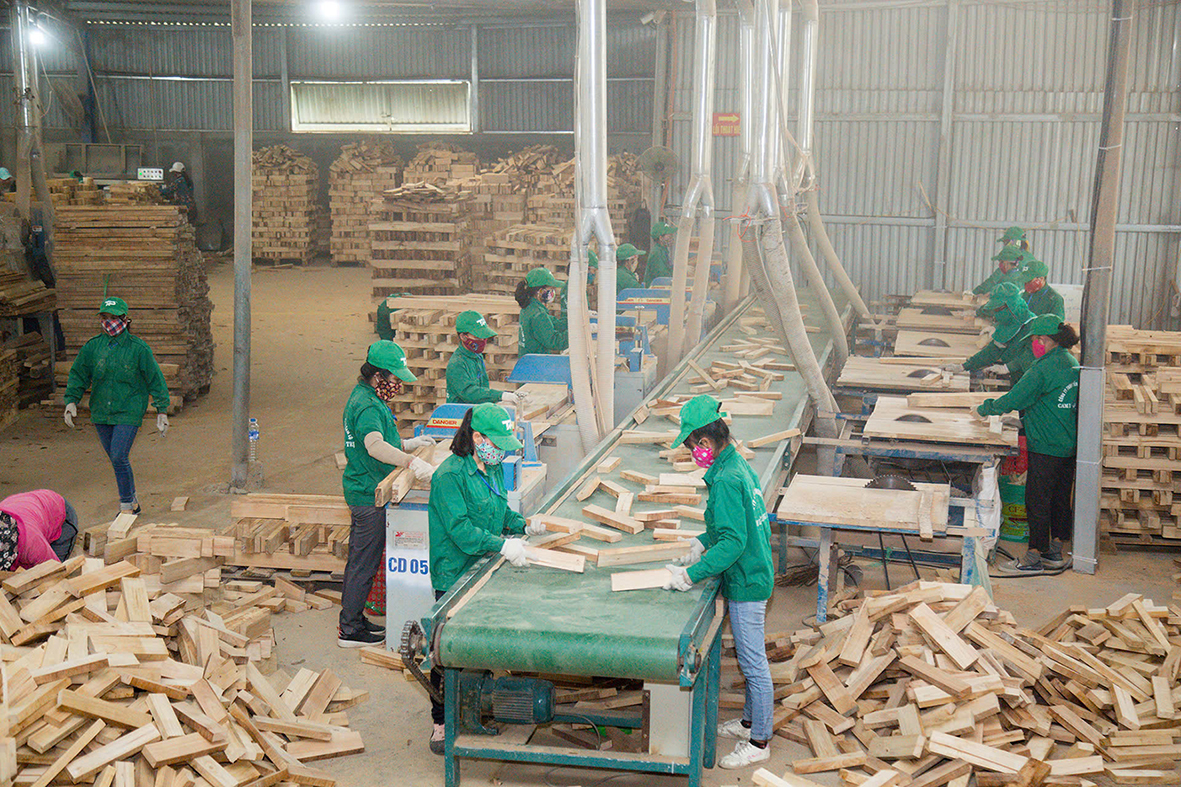






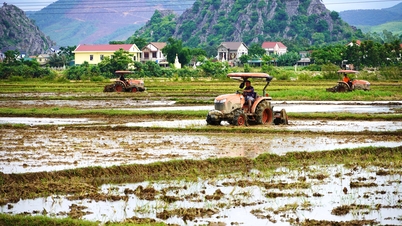







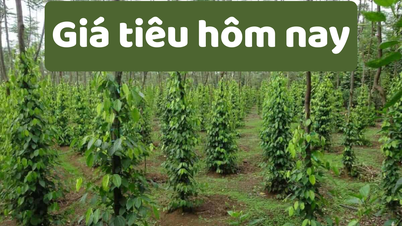






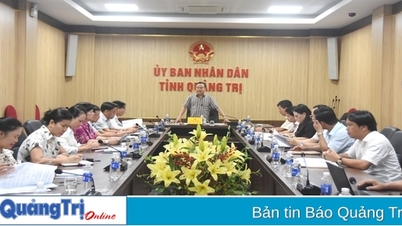

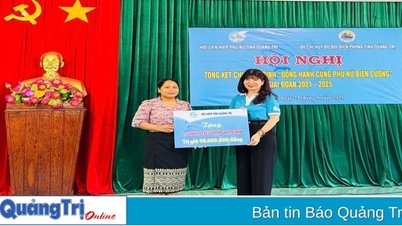


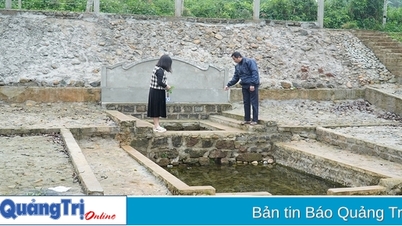

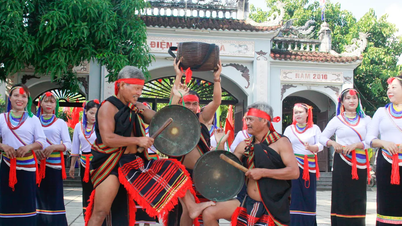

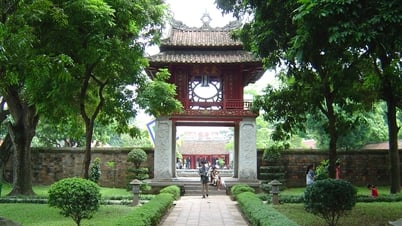

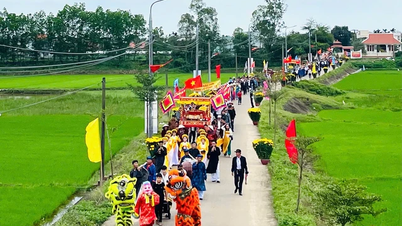


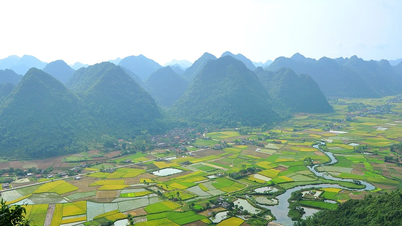

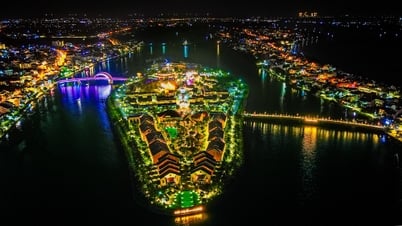





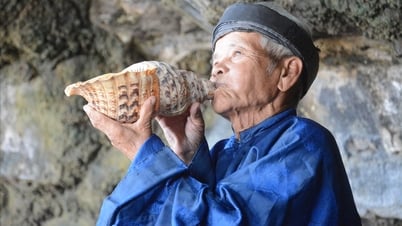







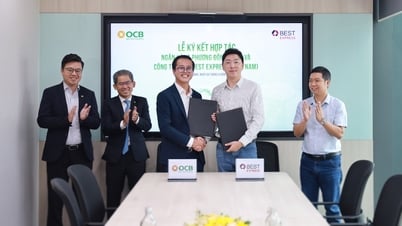





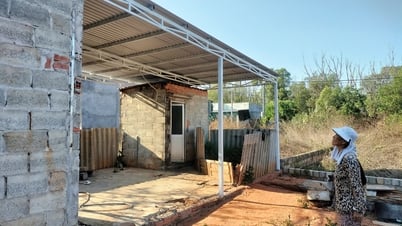
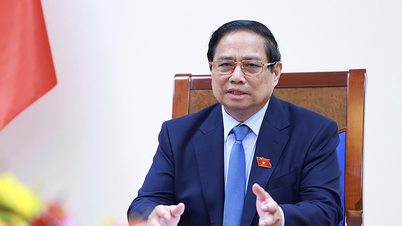
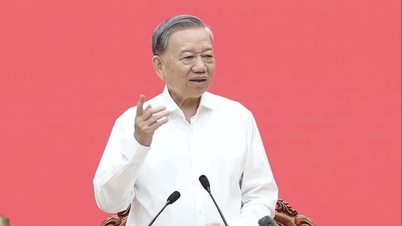









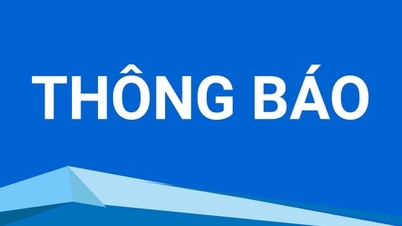



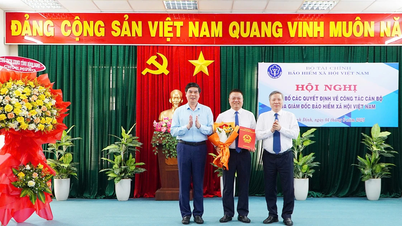

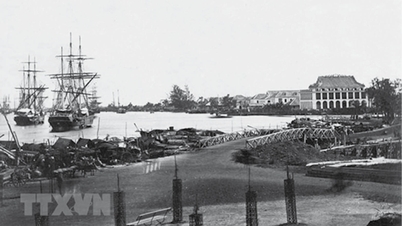









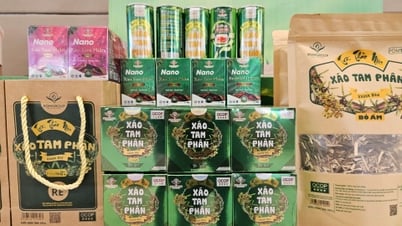

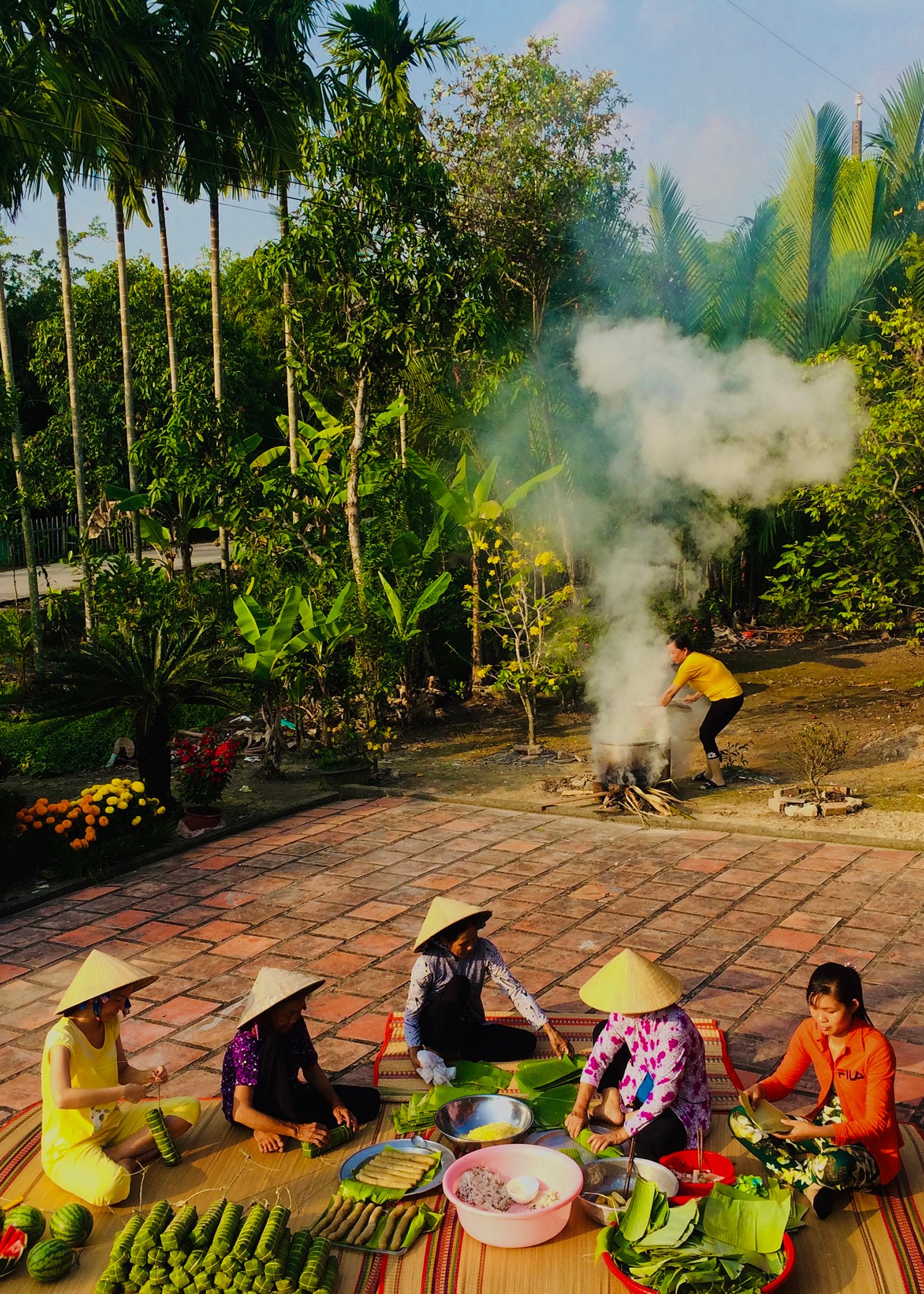
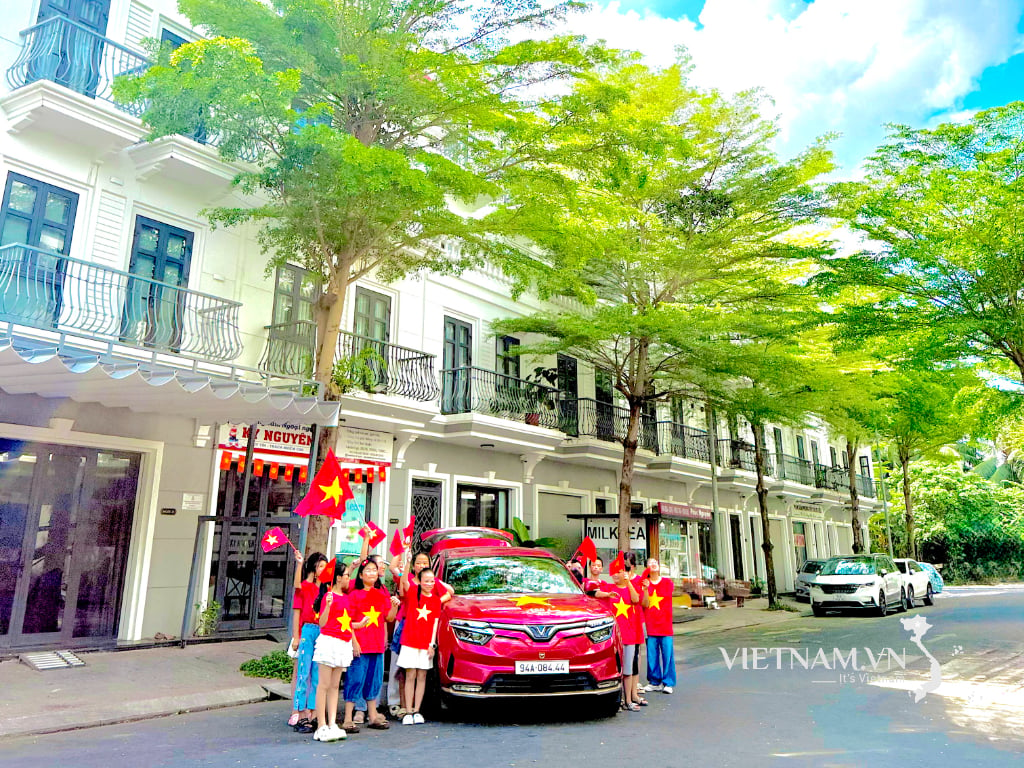


Comment (0)